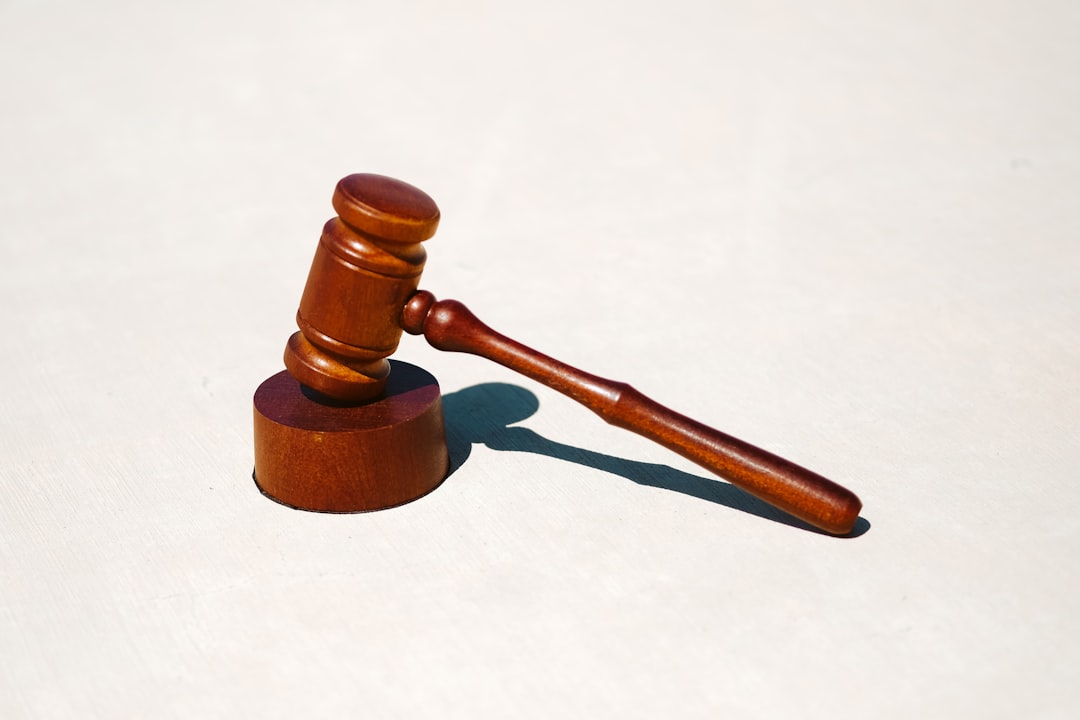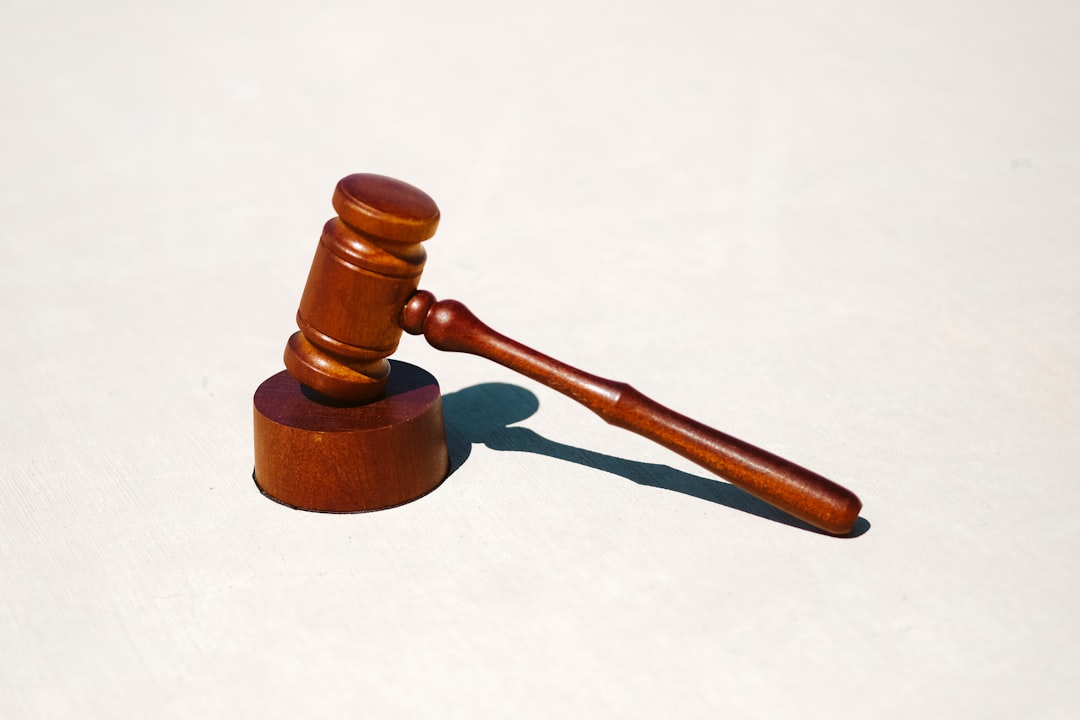Navigating sexual assault legal matters can be daunting, but finding a trusted rape lawyer in Pennsylvania offers crucial support. This article guides you through the complexities of sexual assault laws in Pennsylvania, highlighting the vital role a skilled attorney plays in legal proceedings. Learn what to expect during an initial consultation and how to build a strong case with evidence and testimonies. Additionally, discover available support services for victims, ensuring you’re empowered throughout the process.
Understanding Sexual Assault Laws in Pennsylvania

In Pennsylvania, sexual assault is taken extremely seriously. Laws protect victims and ensure perpetrators face justice. If you’ve been a victim of sexual assault in PA, it’s crucial to know your rights and understand the legal process. A rape lawyer Pennsylvania can provide invaluable guidance tailored to the specific circumstances of your case.
Pennsylvania has strict statutes regarding consent and non-consensual acts. These laws define what constitutes sexual assault, including rape, and outline the procedures for filing charges. Victims have the right to seek criminal prosecution, civil lawsuits for damages, or both. A skilled attorney can help navigate these complexities, ensuring victims receive the support and justice they deserve.
The Role of a Rape Lawyer in Legal Proceedings

What to Expect During the Initial Consultation

During your initial consultation with a trusted Pennsylvania rape lawyer, you can expect a thorough and empathetic conversation about your legal options and next steps. The attorney will carefully listen to your story, gather essential details, and provide immediate support and guidance. They’ll explain the legal process, the potential outcomes, and how they plan to represent you in court or during negotiations with prosecutors.
This meeting is a crucial step in building an effective legal strategy. Your lawyer may ask for relevant documents, medical records, or evidence related to the sexual assault. Be prepared to share all necessary information as this will aid in constructing a strong case. Remember, the initial consultation is your chance to gain clarity and confidence in your choice of representation.
Building a Strong Case: Evidence and Testimonies

When building a strong case for a sexual assault claim, the expertise of a skilled rape lawyer in Pennsylvania is invaluable. They understand that gathering robust evidence and compelling testimonies are key to securing justice. A reputable attorney will meticulously collect and analyze physical evidence, medical records, and witness statements to reconstruct the events leading up to and during the assault.
The right legal representative will also know how to navigate complex legal procedures, ensuring all necessary documents are filed accurately and within the prescribed time frames. Their experience in handling such cases allows them to effectively cross-examine witnesses, challenge any potential discrepancies, and present a unified front, ultimately strengthening the client’s position.
Support Services Available for Victims of Sexual Assault

Many victims of sexual assault in Pennsylvania face a challenging road to healing and justice. Fortunately, support services are available to help them navigate this difficult time. These services cater to the unique needs of survivors, offering legal assistance, counseling, and advocacy. A qualified rape lawyer in Pennsylvania can provide crucial guidance, ensuring victims’ rights are protected throughout the legal process.
Support networks often include hotlines, crisis centers, and non-profit organizations dedicated to assisting sexual assault survivors. These entities offer confidential spaces where individuals can share their experiences, receive emotional support, and learn about available options. Additionally, they may connect survivors with specialized healthcare services, legal aid, and groups focused on raising awareness and promoting prevention strategies. This comprehensive approach aims to empower victims, foster their well-being, and hold perpetrators accountable through the appropriate legal channels.






